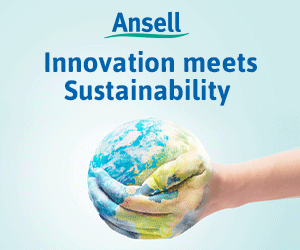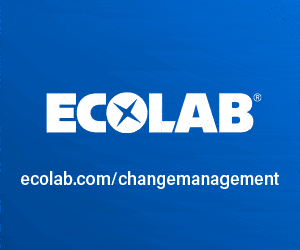SGS, a global bio/pharmaceutical, analytical and bioanalytical solutions provider, has announced the introduction of in vitro toxicology services at its Mississauga, Canada laboratory.
The investment includes an expansion of existing cell/tissue culture capabilities, flow cytometry and mass spectrometry facilities, along with the introduction of high throughput screening, automation, and multiplexing technologies such as the MESO SECTOR S 600 for biomarker analysis.
According to SGS, these instruments and expansion of the laboratory’s capabilities will allow its clients to establish the toxicological profiles of bio/pharmaceuticals, medical devices, cosmetics and chemicals.
The suite of services being introduced covers more than 50 analytical techniques including dermal and ocular toxicity, cytotoxicity, genotoxicity, carcinogenicity, phototoxicity, endocrine disruption, hepatotoxicity and cardiotoxicity.
The new service offerings will be available under both R&D and Good Laboratory Practice (OECD, FDA Part 58) study conditions.
“Recent technical advancements and new government regulations have led to the rapid development of new, cost effective testing for the establishment of drug, device, chemical and cosmetic safety,” commented Dr Alex Perieteanu, Director of Biopharmaceutical Services at SGS Canada.
“SGS is an organization with a strong global reputation for quality and integrity, and this investment aligns the laboratory with the three Rs – the principles of replacement, reduction and refinement – for more humane experimental research, and ensures patient safety and accelerating product development.”




